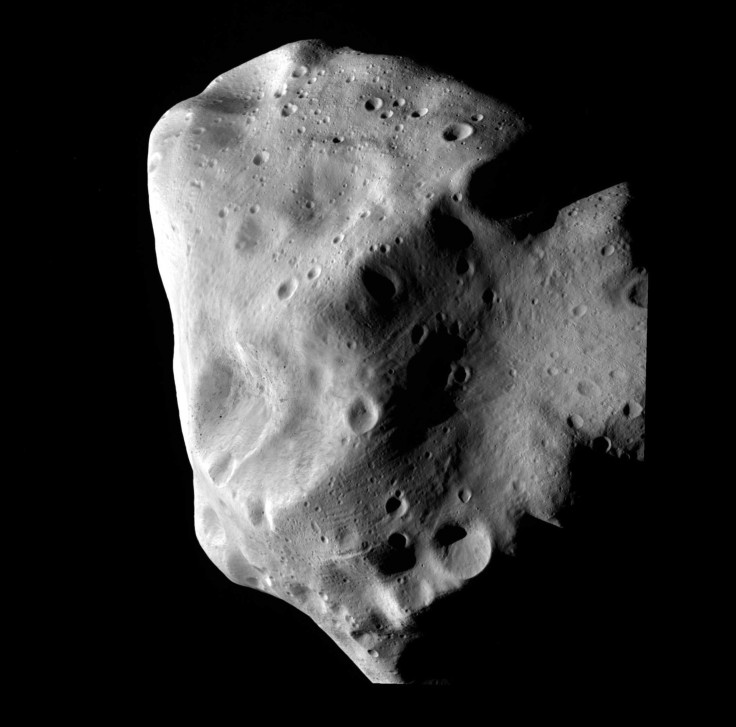Could An Asteroid Destroy The Earth? ‘Not A Lot We Can Do About It,’ Warns NASA Scientist

It has long been the stuff of Hollywood disaster movies, but a NASA scientist has now warned that humans are wholly unprepared for a surprise asteroid or comet that sets it sights on Earth.
The chances of a large asteroid, small rocky bodies found in the inner solar system, hitting Earth any time soon are extremely slim. But a researcher with NASA’s Goddard Space Flight Center, has urged that more needs to be done to defend against the threat.
“The biggest problem, basically, is there’s not a hell of a lot we can do about it at the moment,” Dr. Joseph Nuth said at the fall meeting of the American Geophysical Union in San Francisco on Monday.
In 1998 disaster romp "Armageddon," Bruce Willis led a team that quickly assembled to be launched into space and deflect an asteroid off course. Yet, in reality, Nuth said, there would not be nearly enough time to combat the threat. Nuth discussed a close shave when a comet flew into Jupiter 20 years ago and again when another came perilously close to Mars in 2014. In the case of the second comet, it was only discovered 22 months before its near-miss.
“If you look at the schedule for high-reliability spacecraft and launching them, it takes five years to launch a spacecraft,” he said. “We had 22 months of total warning.”
To be able to better defend against the extraterrestrial threat, Nuth has recommended NASA build an interceptor rocket which could cut the launch time in half. Yet even that, he warned, would still leave the Earth extremely vulnerable.
The most famous asteroid or comet strike in Earth’s history occurred 66 million years ago in the Yucatan Peninsula, Mexico, which scientists now believe was responsible for the extinction of the dinosaurs. And Nuth suggested that, while random, Earth could be due another big hit.
“The extinction-level events, things like dinosaur killers, they’re 50 to 60 million years apart, essentially. You could say, of course, we’re due, but it’s a random course at that point,” Nuth said.
© Copyright IBTimes 2024. All rights reserved.











